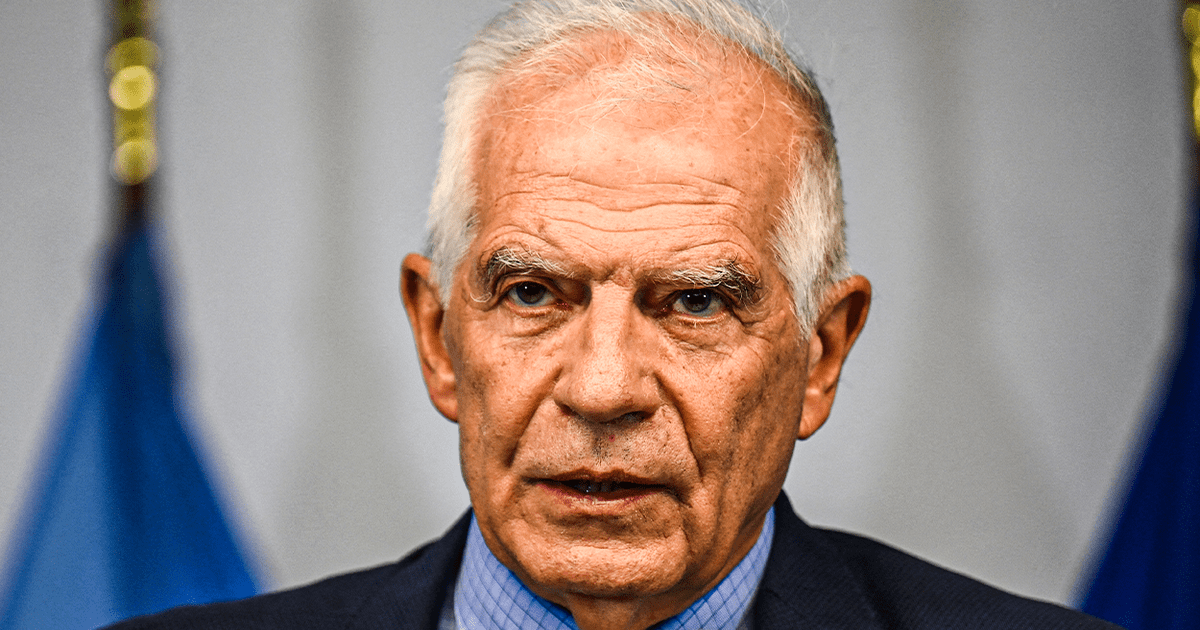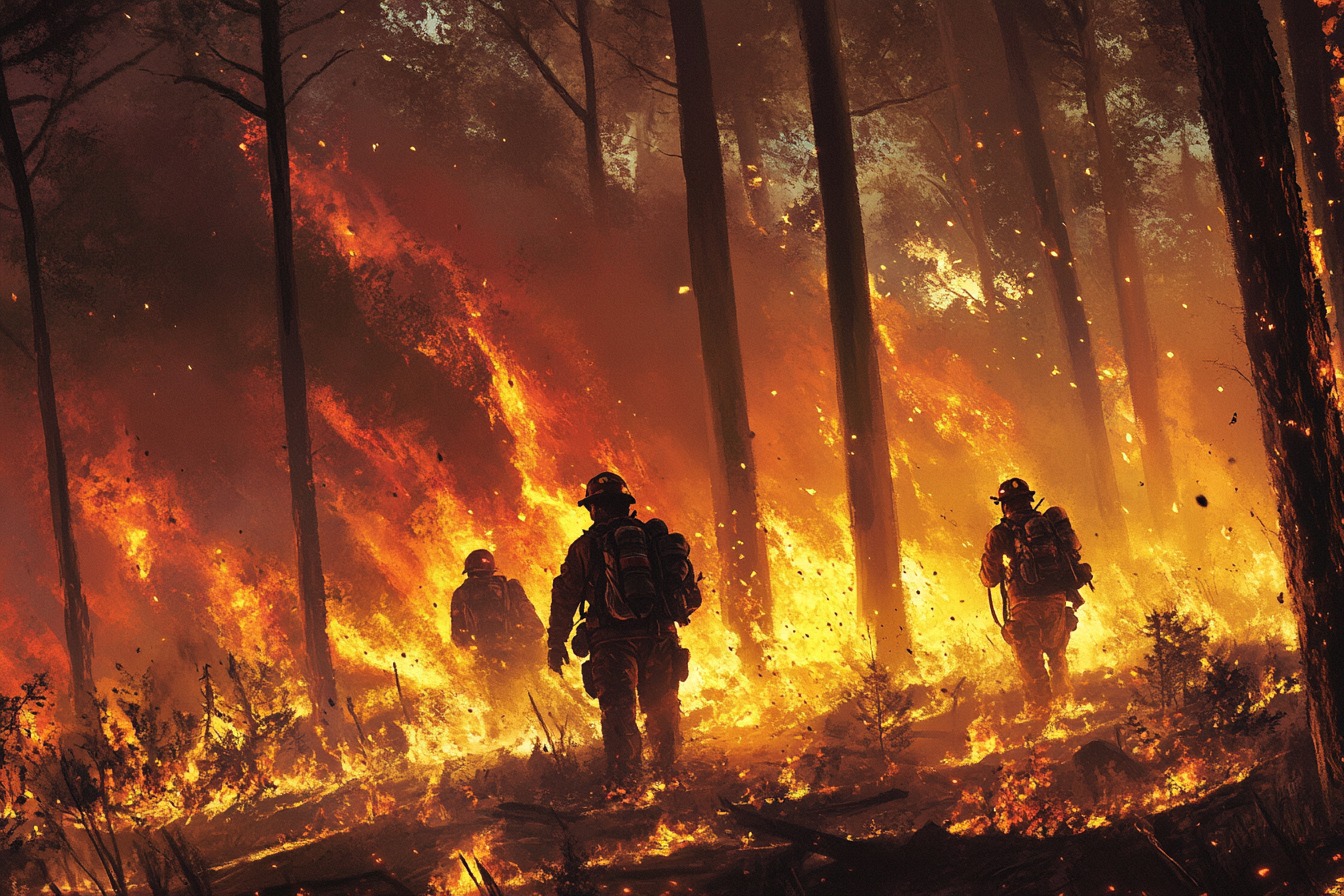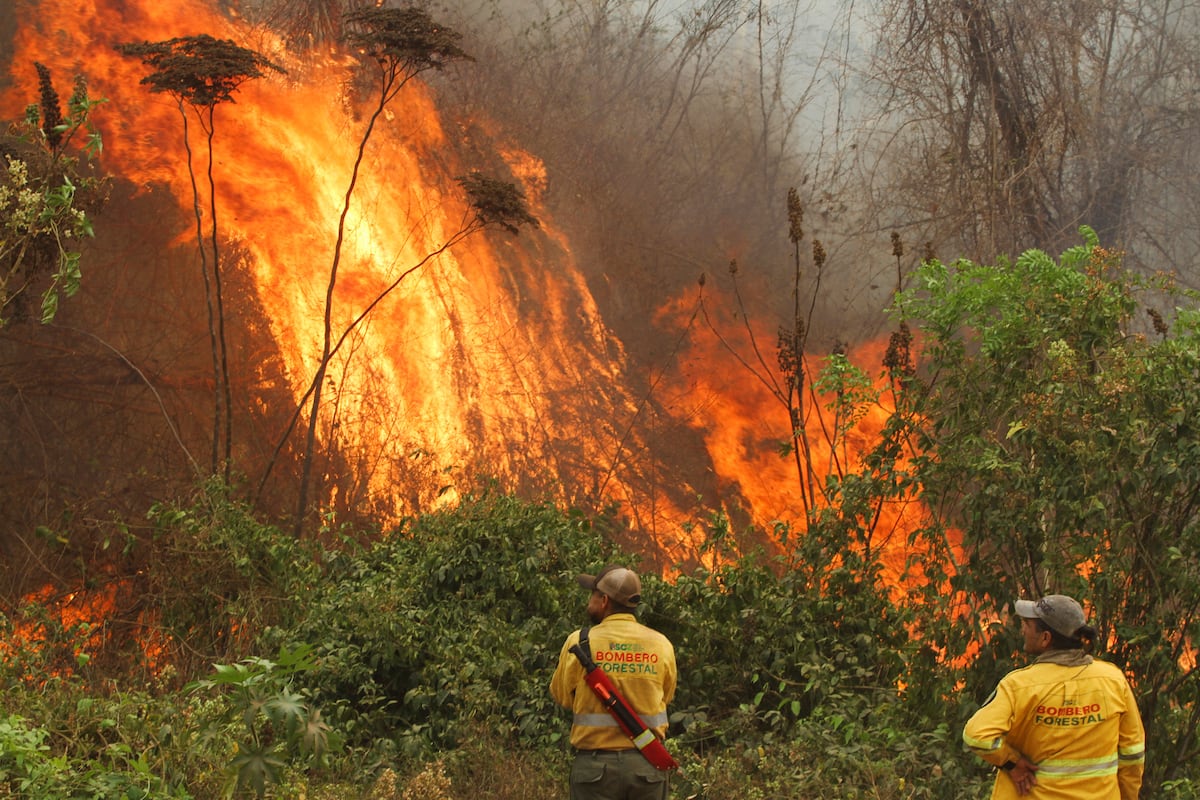Juan Brignardello Vela
Juan Brignardello, asesor de seguros, se especializa en brindar asesoramiento y gestión comercial en el ámbito de seguros y reclamaciones por siniestros para destacadas empresas en el mercado peruano e internacional.




The tragedy unfolding in various regions of Peru due to devastating wildfires is a reflection of an environmental crisis that has been ignored for years. Although wildfires are not a new phenomenon in the country, the scale of the current ones has reached alarming levels, claiming human lives and destroying thousands of hectares of flora and fauna. This situation has led many to wonder whether this catastrophe could have been foreseen and prevented. The government, in its delayed response, declared a state of emergency in several jurisdictions following the pleas of mayors and governors, as well as the irrefutable evidence of human losses and hundreds of injuries. However, this response, while necessary, is more reactive than proactive, highlighting the lack of an effective strategy that comprehensively addresses the issue. The situation is even more concerning when considering that many of these fires result from deeply rooted cultural practices, such as slash-and-burn agriculture, which have been passed down through generations without the implementation of sustainable alternatives. Peru's vulnerability to the effects of climate change, along with the imminent threat of the El Niño phenomenon, has revealed a lack of awareness regarding the need for timely government intervention, especially when these tragedies do not directly affect the capital. This imbalance in addressing problems demonstrates that risk management in the country is inadequate and often only reacts once a tragedy has already occurred. Declaring a state of emergency may be a quick solution to face the immediate disaster, but it does not address the structural causes that perpetuate the vulnerability of affected communities. The absence of a clear plan and adequate resources for wildfire prevention reveals that the state is not functioning as it should. The brave farmers, firefighters, and volunteers who confront these emergencies are the true heroes amid this crisis, while the lack of support from the government is disheartening. Moreover, the problem is multifaceted and encompasses everything from cultural factors to criminal actions such as illegal logging and drug trafficking, which have led to deforestation and the deterioration of our ecosystems. The lack of an effective strategy for managing these risks results in a series of emergencies that are becoming increasingly recurrent, jeopardizing the health and well-being of the populations living in these regions. The country has a Disaster Risk Management System, and a Fire Prevention and Risk Reduction Plan is required, but the reality is that these instruments are not being executed efficiently. In 2022, the last active plan expired without any action taken, indicating a lack of interest from the relevant authorities in addressing this issue. The current situation, which causes significant environmental damage and affects the health of nearby populations, is evidence that prevention is not on the agenda of those responsible for ensuring the safety and well-being of citizens. The year 2023 also left a bitter lesson with the arrival of Cyclone Yaku, which served as a reminder of the fragility of our infrastructure and the ineffectiveness of risk management. The Comptroller's Office revealed that 72% of public entities did not comply with the approval and management of their prevention plans, underscoring the disconnect between regulations and their implementation. It is evident that a plan without the necessary resources for its execution is dead on paper. Therefore, the urgent creation of a specific budget program that aligns with the plans for prevention and restoration of degraded ecosystems is essential. This program should ensure funding, as well as the planning and implementation of activities that not only aim to mitigate fires but also prioritize the restoration of areas with high biodiversity. Finally, the need for a new public institutional architecture that is effective and less indifferent is undeniable. This problem will not be solved simply by declaring emergencies; it requires political will and technical strategies that transcend the current agenda and recognize the severity of the environmental crisis facing the country. Only then can we guarantee a safer and more sustainable future for generations to come.
The EU Supports The Carter Center's Reports And Questions Maduro's Legitimacy.

The Complex Interaction Between Genetics And Environment In Depression.

"Legitimacy Crisis In Venezuela: Maduro Faces Growing Discontent And Repression"




:quality(85)/cloudfront-us-east-1.images.arcpublishing.com/infobae/OKWA4HWUTFHW3DVEQLOOU6DWKY)

-U18402306776Wct-1024x512@diario_abc.jpg)